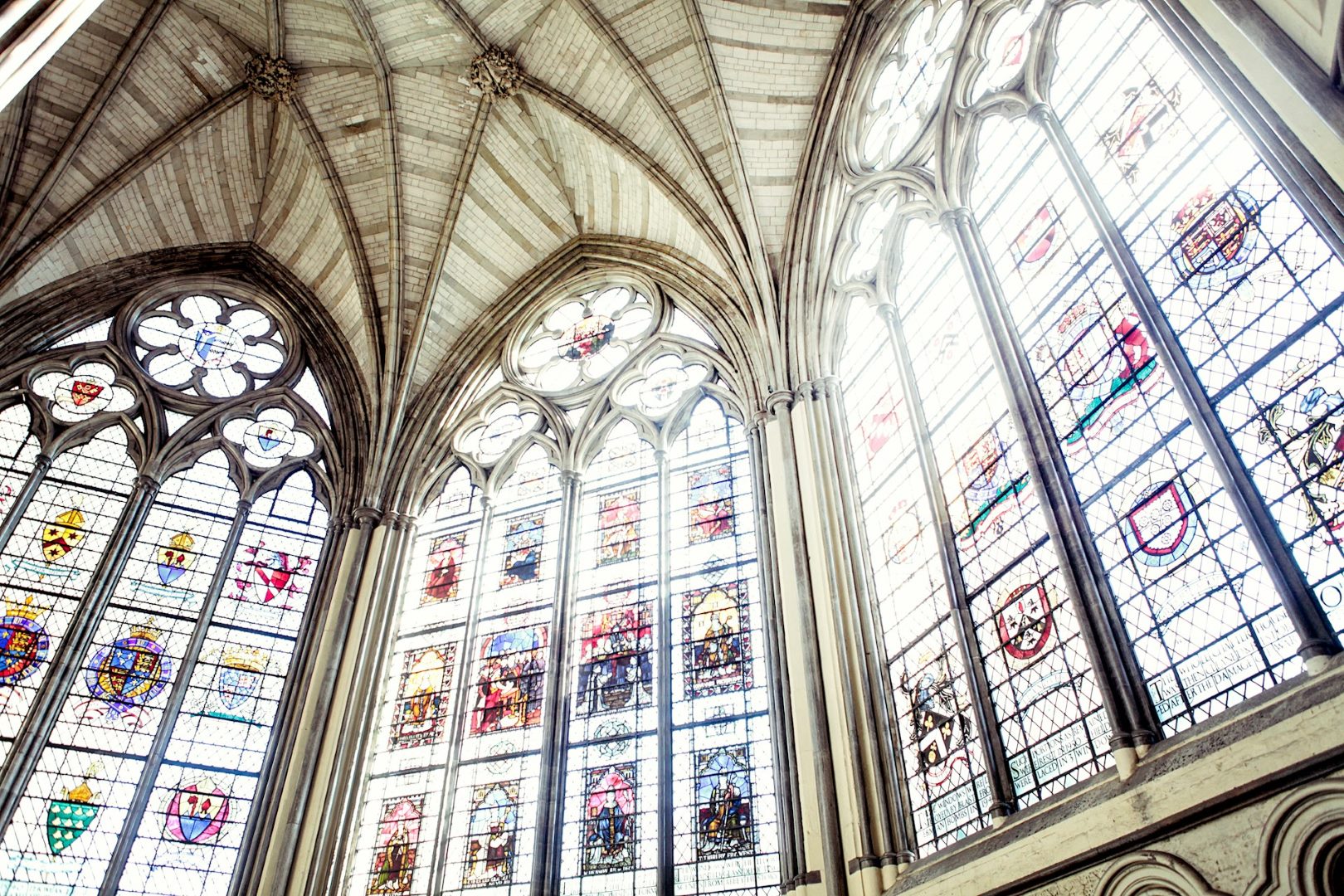Introduction
The concept of resurrection has captivated human imagination and belief systems for centuries. In various religions, philosophies, and cultures, the notion of returning from the dead has held profound significance, sparking questions about life, death, and the nature of our existence.
Historical Perspectives on Resurrection
Ancient Egypt
In ancient Egyptian mythology, the resurrection of the pharaoh was a central concept. Through elaborate rituals, the body was preserved and the spirit was believed to journey through the underworld to reunite eventually.
Zoroastrianism
Zoroastrianism, an ancient Persian religion, believed in a final resurrection and judgment. The righteous would be resurrected to eternal paradise, while the wicked would face punishment.
Judaism
In early Jewish tradition, resurrection was not widely accepted. However, by the first century AD, the belief had gained prominence, particularly in the context of the Messianic age.
Christianity
The Christian faith places great emphasis on the resurrection of Jesus Christ. His resurrection is seen as a triumph over death and a promise of eternal life for believers.
Scientific Perspectives on Resurrection
From a scientific standpoint, the concept of resurrection presents significant challenges. However, some scientists have explored the possibility of suspending the dying process or potentially reversing certain aspects of death.
- Cryonics: Preserving bodies at extremely low temperatures in the hope that future technology may revive individuals.
- Nanotechnology: Creating devices or materials that can interact with cells and potentially repair damage caused by death.
Philosophical Considerations of Resurrection
The Problem of Identity
Resurrection raises questions about the identity of the resurrected individual. If the body undergoes significant changes after death, how can we retain consciousness and memories?
The Nature of Life and Death
The concept of resurrection challenges our understanding of the boundaries between life and death. If death can be reversed, what are the implications for our perception of mortality?
Implications of Resurrection
- Eternal Life: The possibility of resurrection offers hope for a continuation of existence beyond physical death.
- Moral Responsibility: If we are held accountable for our actions beyond this life, it may influence our behavior and ethical choices.
- Technological Advancements: Scientific research on resurrection could lead to breakthroughs in medical treatments and life extension.
Conclusion
The concept of resurrection remains a multifaceted topic that transcends religious, philosophical, and scientific boundaries. While it poses challenges and uncertainties, it continues to inspire hope, raise profound questions, and shape our understanding of human existence.



